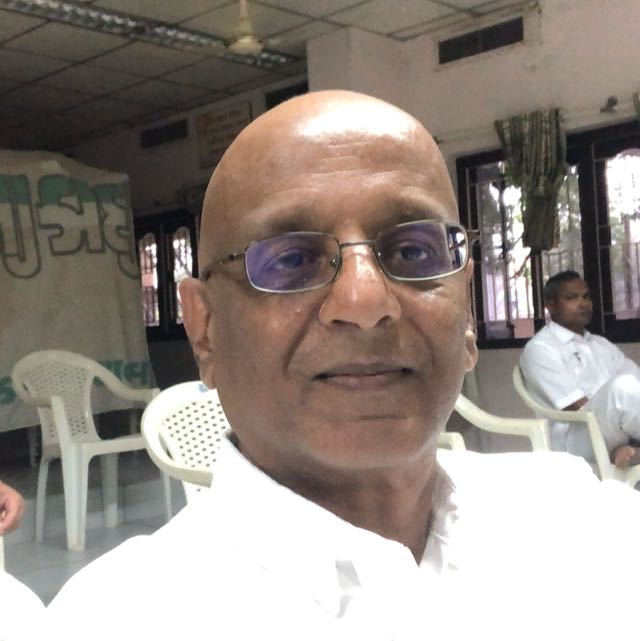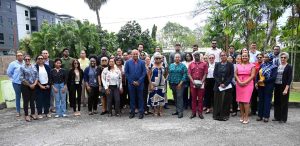
THE debate between atheism and spirituality is often portrayed as a clash between rationality and blind belief.
This is an oversimplification. The real issue may not lie in the existence or nonexistence of God, but in the personal limitations of perception.
Atheism is not merely disbelief; it is often a refusal to explore that which lies beyond empirical evidence.
Atheists, like all souls, are inherently spiritual beings, but have become disconnected from their inner identity and memory of the Supreme. This disconnection may manifest as denial, scepticism, or spiritual apathy in an intellect dominated by short-term achievements.
Modern atheists often demand that all truths be verified by physical evidence. It relies heavily on what the five senses can observe and the scientific method can confirm. This approach ignores the metaphysical dimension of reality. The soul, God, karma and the subtle energies that influence life are not accessible through microscopes or equations.
To reject these realities solely because they are not scientifically measurable is to limit oneself to a narrow slice of existence. This is akin to refusing to believe in emotions because they cannot be held in the hand or denying the tree that fell in the forest because one didn’t hear it. Atheists may not realise that their stance is often a philosophical choice rooted in a refusal to venture beyond the physical.
Spiritual truths are realised, not proven. Just as love, peace, and happiness are felt rather than dissected, so too is the experience of the soul and the Supreme Soul. These experiences require silence, contemplation, and spiritual practice—not debate.
For an atheist, this may seem like fantasy. But if one never enters silence, never practices stillness, and never turns inward, how can one claim to know there is nothing to be found? To dismiss spiritual experience without ever seeking it is to ignore what is not understood—not because it is false, but because it is unfamiliar.
Atheism maybe born from emotional reactions to suffering, hypocrisy or harm caused by religion. A soul may have once believed but become disillusioned when prayers went unanswered, or they felt betrayed by God.
Many atheists are deeply ethical, compassionate people who cannot reconcile injustice with the idea of a benevolent God. However, they may be rejecting a distorted image of God that is a punishing, distant, or judgmental deity.
An atheist may pride themselves on logic and science, but pride can be a barrier to higher wisdom. Intellectual conviction may dismiss what cannot be controlled or explained. There is spiritual forgetfulness. In this state, the soul becomes sceptical of its origins. The atheist is not a villain, but a soul in a deeper state of spiritual amnesia.
One of the frequent accusations from atheists is that faith is blind. However, faith is born from direct experience, not tradition or dogma. When the soul experiences peace in meditation or receives subtle guidance in silence, these prove the unseen. Real faith is not belief without evidence, it is recognition without materialism. Just as measurement is not needed to acknowledge a mother’s care so to the soul does not need a laboratory to feel God’s love.
The atheist is not wrong for asking questions or rejecting outdated dogma. But in choosing to ignore what is not yet understood, souls may pause their spiritual journey at a critical threshold.
The invitation is not to convert but to experience through introspection and meditation. In the silence between thoughts, the stillness beyond logic, the soul meets truth and in that moment, realisation is born.
Vijai Sadal is a student of the Brahma Kumaris Raja Yoga Meditation Centre since 1978. He worked as an educator for 10 years and served on the Board of the Inter-Religious Organisation (IRO) and the Council of Prison Chaplains and Ministers (COPCAM). He is also a guest lecturer at the University of the West Indies (UWI), Health Services Unit. As a student of meditation, he shares the means and merits of managing the mind
![]()














